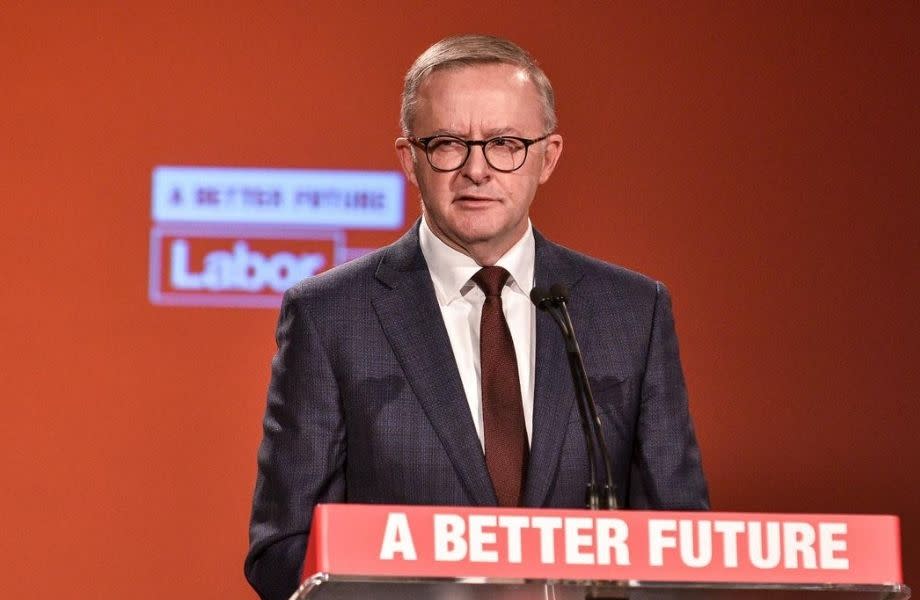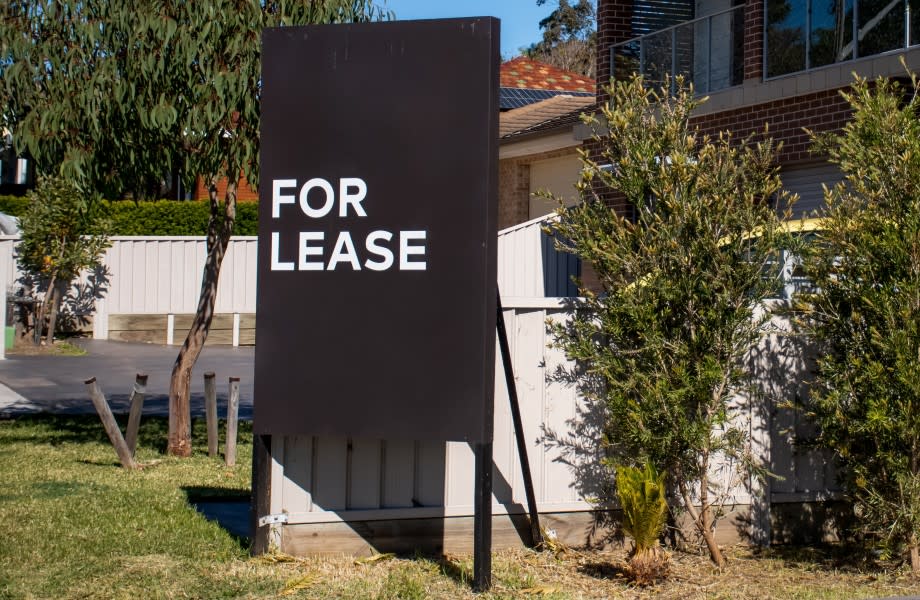
It may have taken “a whole footy season” to get the job done but the news the federal government’s Housing Australia Future Fund policy will be passed has been welcomed by industry.
The $10-billion policy to fund new housing was proposed by Labor but it hit multiple roadblocks along the way.
The Greens refused to support it until $1 billion was also guaranteed for public and community housing.
That additional funding would now be provided through the National Housing Infrastructure Facility and the policy will be passed through Parliament in the next fortnight.
It also means the Greens have successfully pressured Labor to provide an extra $3 billion on housing in total with an earlier announcement of $2 billion from consolidated revenue that would be deployed outside of HAFF.
HAFF makes provisions for 30,000 new and affordable social houses to be built within the first five years off the back of returns from its dedicated investment vehicle, tied to the stock market.
Returns from the HAFF were predicted to deliver 4000 homes for women and children affected by family or domestic violence and older women at risk of homelessness.
Those returns will also fund $200 million for repairing and improving housing in remote Indigenous communities, $100 million for crisis and transitional housing for women and children affected by violence or homelessness and $30 million for housing for veterans.

Key figures in the property industry have welcomed the news.
“A wealthy, land rich nation like Australia should not have a housing deficit,” Property Council of Australia’s chief executive Mike Zorbas said.
“This is welcome news for new social housing and housing supply in general.”
“Australia now has a better chance of achieving our ambitious national target of 1.2 million homes by 2029.”
He also said that improving state planning systems was key with the Victorian government recently making several planning policy changes and the New South Wales government about to release its latest state budget.
“Now we must turn our attention to the unfinished business of improving our state planning systems so they can deal with the welcome influx of skilled migrants and students over the decade ahead,” Zorbas said.
Greens leader Adam Bandt said they had secured extra funding but that it would not be a silver bullet for the housing crisis.
“Renters are powerful and the Greens are the party of renters,” Bandt said.
“We have won more money for housing for renters, and rent control is next.”
Prime Minister Anthony Albanese said he was pleased the $10-billion Bill had won majority support.
“Today we have committed an additional $1 billion in funding for the National Housing Infrastructure facility to build more homes for Australians who need them,” Albanese said.
“I thank the crossbenchers in this chamber and in the other chamber for joining with the Labor government to make sure this is done.”
The housing legislation also includes the National Housing Supply and Affordability Council Bill 2023, which will set up the National Housing Supply and Affordability Council as an indepedent advisory body.
Another bill, the Treasury Laws Amendment (Housing Measures No. 1) Bill 2023 will rename the National Housing Finance and Investment Corporation to Housing Australia and streamline its functions.

Housing security is still an issue for renters with the Greens flagging that they would pursue other original demands including asking for rent freezes and rent increase caps on the behalf of renters.
“We will not stop fighting, we will not rest until there is a cap and freeze on rent increases,” Greens housing spokesperson Max Chandler-Mather said.
“Labor had the opportunity to freeze and cap rent increases through national cabinet and they refused, so from now on every rent increase is Labor's fault, and come next election Labor should be prepared to hear from renters loud and clear they are fed up with being treated as second-class citizens.”
Urban Taskforce chief executive Tom Forrest said it was a welcome shot in the arm for the housing crisis.
“The fact that it took an entire footy season the see the Bill passed in the midst of a housing supply crisis reflects poorly on those responsible – but the fact that the $10 billion fund has now been legislated is welcome,” he said.
“The extra $1 billion, on top of the $2 billion that Treasurer Jim Chalmers found for social and affordable housing when he suddenly discovered the budget was in surplus, is also welcome.
“That means $3 billion now and another $10 billion into the fund to accumulate interest and fund ongoing social and affordable housing – with a minimum allocation to NHFIC of $500 million per year.”
Labor's housing agenda also includes a $3 billion New Homes Bonus; a $500 million Housing Support Program; a $2 billion Social Housing Accelerator; a National Housing Accord with federal funding for 10,000 affordable homes over five years from 2024 (alongside another 10,000 from the states and territories); a 15 per cent increase in Commonwealth Rent Assistance; and, another $2 billion for social and affordable rental housing via the National Housing Finance and Investment Corporation.
Changes to investment arrangements for build-to-rent accommodation, a $1.7-billion one-year extension of the National Housing and Homelessness Agreement with States and Territories, a $67.5-million increase in homelessness funding and states and territories committing to A Better Deal for Rents and the Help to Buy program are also part of the housing agenda.